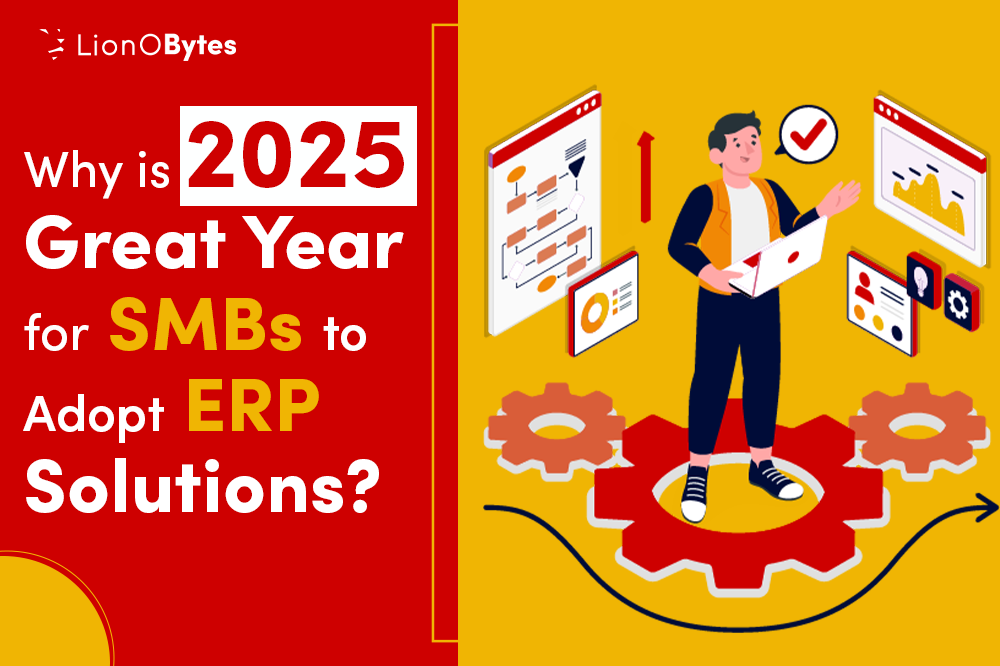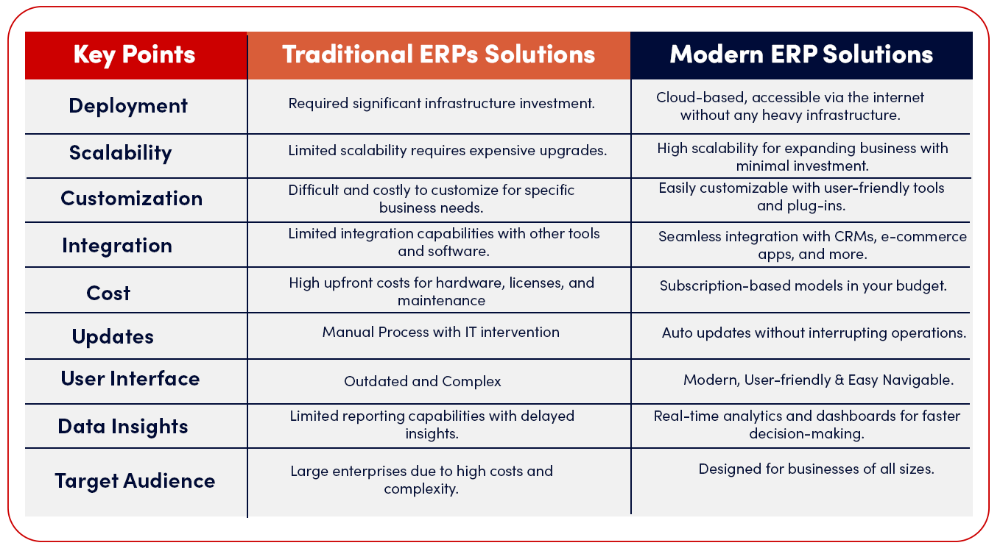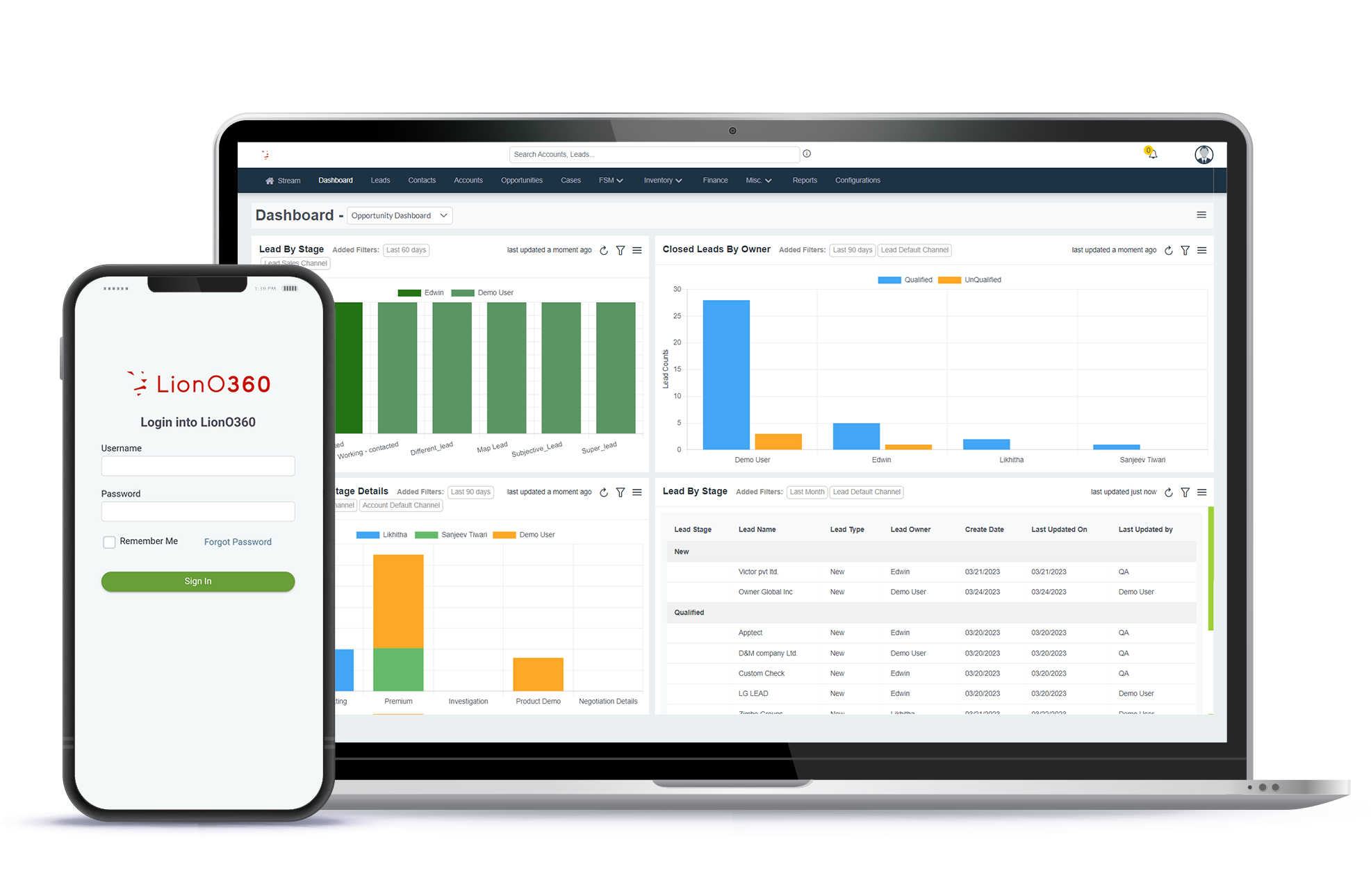
2025 is halfway through. With easy cloud-based options, AI integration, and support, small enterprises can get the benefits by having ERP systems streamline operations, enhance decision-making, and stay competitive.
In the current transforming business landscape, small companies face a lot of ongoing challenges while competing with larger firms. They require streamlined processes, better resource management, and the seamless convergence of different operations to remain competitive. To achieve this, Enterprise Resource Planning (ERP) Solutions have become necessary. ERP systems were once regarded only as setups for large businesses, 2025 offers a dramatic shift, smaller enterprises can reap major value from implementing ERP solutions.
Do you know? As per the Gartner ERP Market trends, by 2027, more than 70% of recently implemented ERP initiatives will fail to fully meet their original business case goals.
Let’s find out the reasons that explain how ERP comes as a golden opportunity for small industries to compete with larger firms, especially on their workflow automation.
Traditional vs. Modern ERP Solutions in 2025
Before jumping into the cause of the adoption of cloud ERP software, first understand how modern solutions work and how they are better than traditional ones with the current ERP trends 2025.
Here are the differences:

Top Reasons SMBs Need ERP Solutions in 2025
Now, come to the focal point. Here we will discuss about why SMBs should implement ERP in 2025 and the requirements of applying ERP solutions that helps small scale businesses to grow faster and better:
Cloud ERP Systems: The Future of ERP Adoption 2025
Earlier, implementing cloud ERP systems required heavy investment in infrastructure, which deterred many small businesses. However, in 2025, the industry-based cloud-ERP systems have become the norm. These solutions eliminate the need for heavy upfront costs by offering:
- Lower Cost of Entry
- Scalability
- Ease of Access
- AI-Powered Insights
How AI-Powered ERP Systems Transform SMBs
AI-driven ERP systems can transform past data into upcoming trends, by assisting small businesses in predicting demand, managing stock, and optimizing resources. Routine tasks allow employees to concentrate on more strategic work. ERP systems with AI integration enable businesses to tailor customer interactions, handle feedback effectively, and improve customer satisfaction.
Rising Competition in the ERP Market
The ERP market's heightened competition has resulted in lower prices and the creation of customized ERP modules. The providers now present tiered pricing options, making it simpler for small businesses to choose a package that aligns with their budget and requirements. Also, Numerous vendors now provide free trials or demonstrations to evaluate the software before making a purchase decision.
ERP Modules for Hyper-Personalization and Automation
Modern ERP systems integrate automated workflows seamlessly with Customer Relationship Management (CRM) tools, allowing businesses to track customer interactions and improve service delivery. By analyzing customer data, businesses can create targeted marketing campaigns that resonate with their audience. That enables businesses to respond quickly to customer inquiries, ensuring a superior customer experience.
ERP Solutions for Combating Increasing Cybersecurity Threats
To protect sensitive information, ERP systems have important cybersecurity features:
- Data encryption: ERP systems encrypt data both in motion and at rest, protecting sensitive information encrypted.
- Access control: Role-based access can limit access to sensitive data from companies wide to authorized employees, thus minimizing the risk of an internal breach.
- Regularly Updated Security: Cloud-based ERP solutions include automatic payroll security package updates and security patches, so an organization is protected against the latest known threats.
2025 and SMBs: A Golden Opportunity
Today, the technology landscape is more accessible, affordable, and required. For SMBs, the tools to scale, streamline, and compete with larger corporations are now in their reach circle. Organizations, vendors, and market dynamics are pushing small businesses toward digital transformation. So, what we figure out is:
- There is no longer a need for significant investments in infrastructure; cloud ERP offers advanced tools that are both affordable and adaptable.
- Small Businesses can automate routine tasks, make decisions based on data, and enhance their operations with little manual input.
- Hyper-personalization has become standard, and ERP systems enable SMBs to provide outstanding customer experiences.
ERP Benefits for SMBs in 2025 and Beyond
Small businesses that implement ERP solutions today will gain advantages such as improved efficiency, reduced costs, and enhanced competitiveness in a digital-first environment. For small and medium-sized businesses, the year 2025 represents not just a date but a pivotal moment for growth and sustainability in a constantly changing world.
LionO360 ERP to Empower Your Small Businesses

LionOBytes offers one of the best ERP systems for SMBs. It delivers intelligent business management into your hands. It is created for modern businesses, connecting the vital parts of your operation, like finance, inventory, sales and field service into one secure platform in the cloud. With access to real-time data, automated workflows and AI-enhanced insights, your teams can work on more valuable tasks and make quicker decisions, anywhere, anytime. Reduce your IT costs, eliminate data silos, and gain the agility for your business to scale confidently.
By adopting it now, small businesses can secure their future operations, satisfy their customers, and position themselves for lasting growth in the coming years. If you own a small business, this is the perfect time to investigate LionO360 platforms that fit your requirements.
Make 2025 the year you revolutionize your business with ERP!
Schedule your free ERP demo today and discover how AI-powered ERP can transform your business in 2025. Call us @+1 609-281-5272 now!
Frequently Asked Questions
What are the ERP trends for SMBs in 2025?
ERP trends 2025 include AI-powered automation, cloud ERP systems, hyper-personalized modules, and seamless CRM integration, enabling SMBs to streamline operations effectively.
Why should SMBs adopt cloud ERP systems in 2025?
Cloud ERP systems offer lower upfront costs, scalability, real-time analytics, and easy integration with business apps, making them ideal for SMB ERP adoption in 2025.
How does LionO360 ERP help improve inventory management?
LionO360 ERP platforms provide predictive analytics and automated workflows to manage stock levels efficiently, reduce wastage, and improve inventory turnover.
What are the top ERP modules SMBs need in 2025?
Key ERP modules for SMBs include inventory management, finance, sales, CRM, purchasing, and AI-powered analytics for strategic decision-making.







